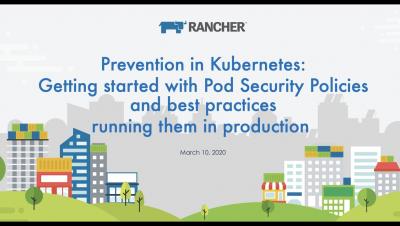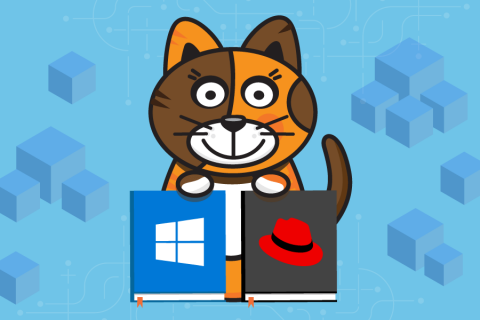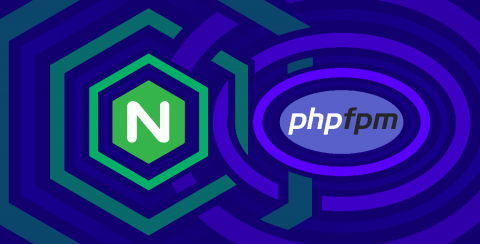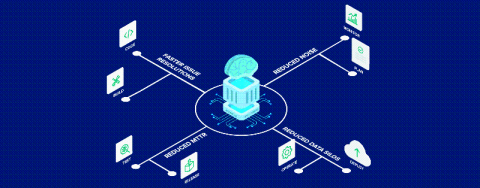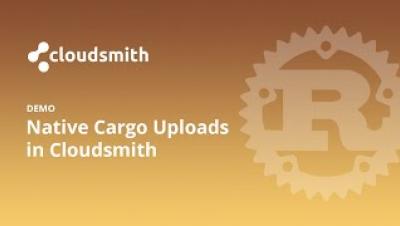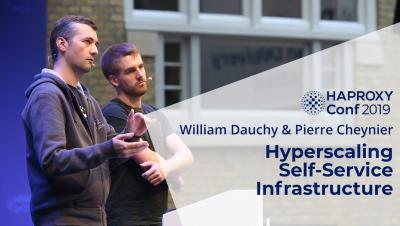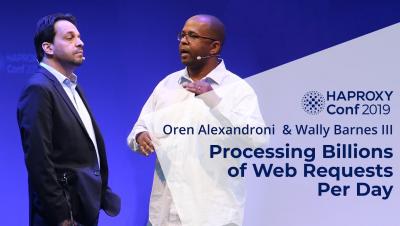Operations | Monitoring | ITSM | DevOps | Cloud
DevOps
The latest News and Information on DevOps, CI/CD, Automation and related technologies.
Running Containers in AWS with Rancher
This blog will examine how Rancher improves the life of DevOps teams already invested in AWS’s Elastic Kubernetes Service (EKS) but looking to run workloads on-prem, with other cloud providers or, increasingly, at the edge. By reading this blog you will also discover how Rancher helps you escape the undeniable attractions of a vendor monoculture while lowering costs and mitigating risk.
Netdata's standard dashboard
Now Available: Calico for Windows on Red Hat OpenShift Container Platform
Approximately one year ago, Kubernetes 1.14 made support of Windows containers running on Microsoft Windows Server nodes generally available. This was a declaration that Windows node support was stable, well-tested, and ready for adoption, meaning the vast ecosystem of Windows-based applications could be deployed on the platform.
NGINX 502 Bad Gateway: PHP-FPM
This post is part of a series on troubleshooting NGINX 502 Bad Gateway errors. If you’re not using PHP-FPM, check out our other article on troubleshooting NGINX 502s with Gunicorn as a backend. PHP-FastCGI Process Manager (PHP-FPM) is a daemon for handling web server requests for PHP applications. In production, PHP-FPM is often deployed behind an NGINX web server. NGINX proxies web requests and passes them on to PHP-FPM worker processes that execute the PHP application.
The role of AIOps in the DevOps story
Beginning with huge systems occupying large physical space, technology has enabled smaller, versatile devices that can be used anywhere at anytime. From the communications and hospitality industries to the public sector, either on-premises, cloud, or hybrid services were employed to make processes cost-effective.
Native Cargo Uploads In Cloudsmith
HAProxyConf 2019 - Hyperscaling Self-Service Infrastructure with William Dauchy & Pierre Cheynier
HAProxyConf 2019 - Processing Billions of Web Reqs Per Day by Oren Alexandroni & Wally Barnes III
How to Create DevOps Pipelines That Work
DevOps is a software development practice that combines development and operations teams. When organizations use DevOps, they typically also use agile methodologies for managing and completing projects. The combination of DevOps and agile practices enables teams to build software faster and more efficiently. One of the primary tools of DevOps is the continuous integration/continuous delivery (CI/CD) pipeline.


